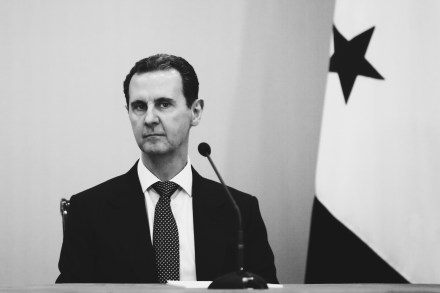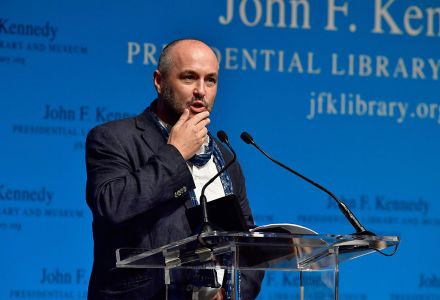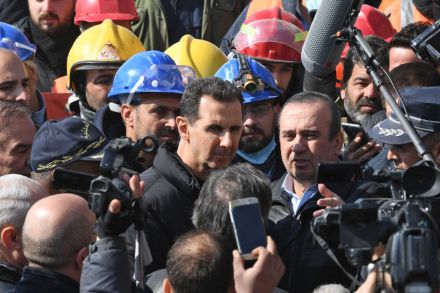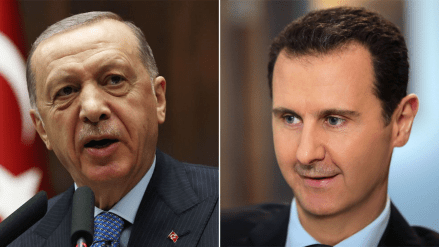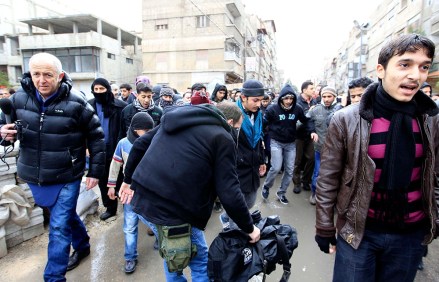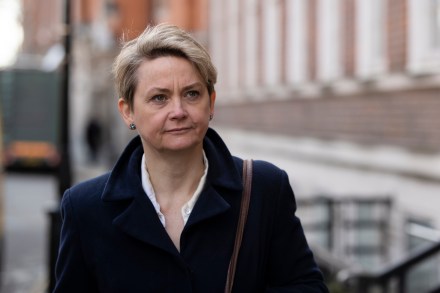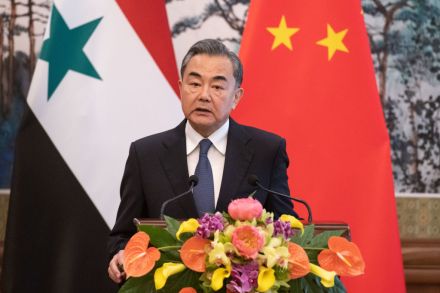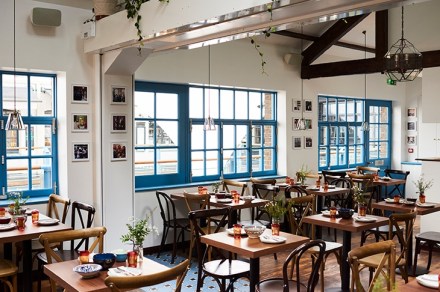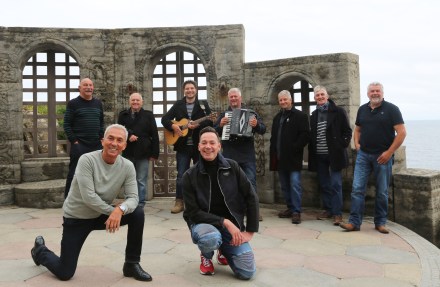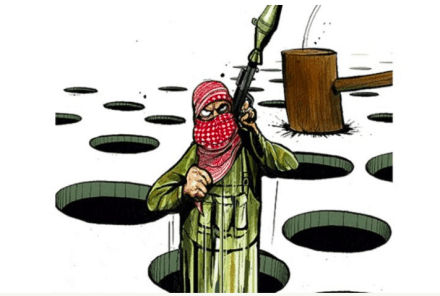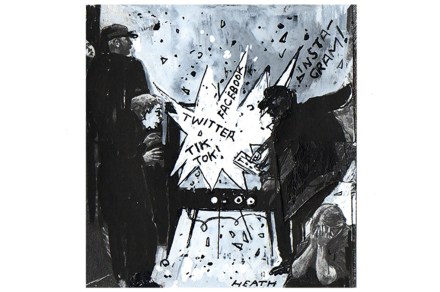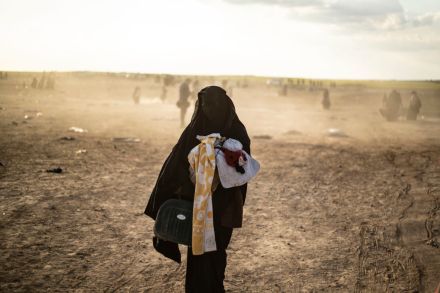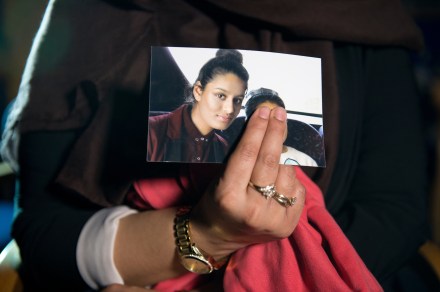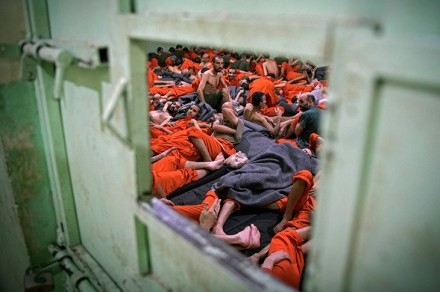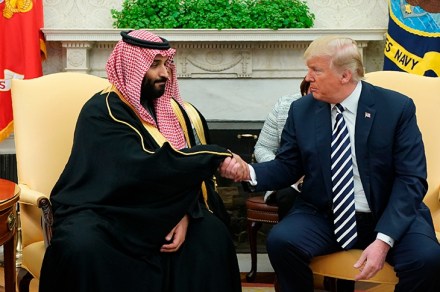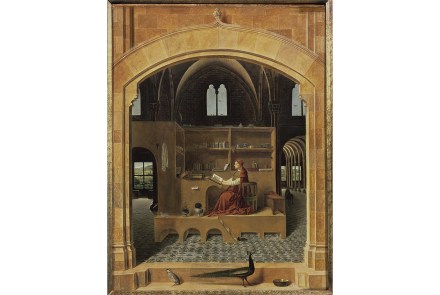How Syria collapsed
In April 2018 I was taken on a coach through miles of war-wasted urban landscape in the Syrian cities of Aleppo and Homs. They looked much like the photos of Gaza today, except the shattered streets were always empty and sometimes there were longhand Arabic signs chalked crudely on broken concrete slabs: ‘for sale’, or ‘water disconnected’. The people had fled the crude barrel bombs. Where had they gone? The war had ended in these cities over a year before, which was why we were allowed to visit. Deaths in Gaza are counted – in Syria they were not. We only have estimates. Somewhere between 25,000-30,000 civilians and 10,000-15,000 combatants died
